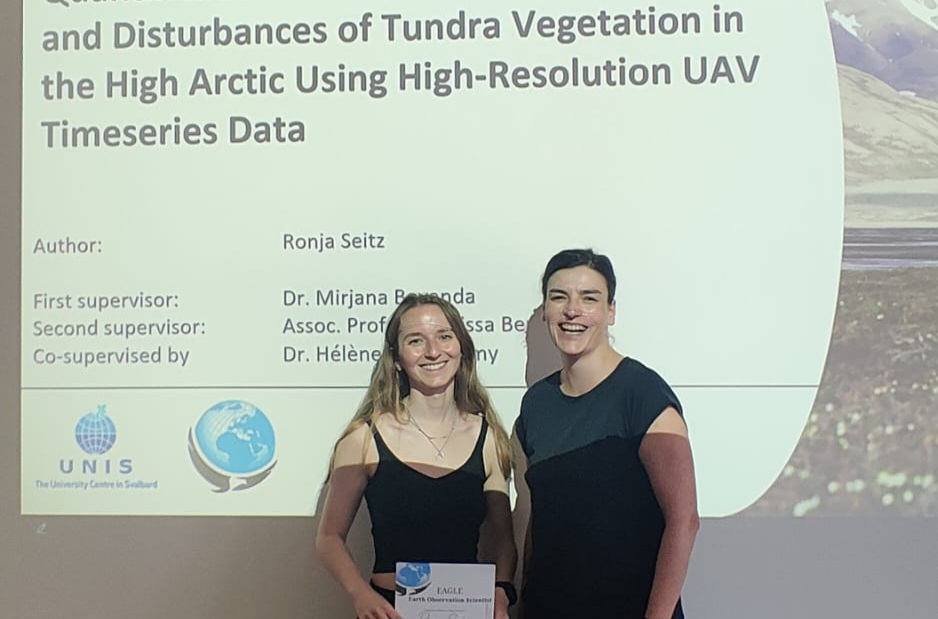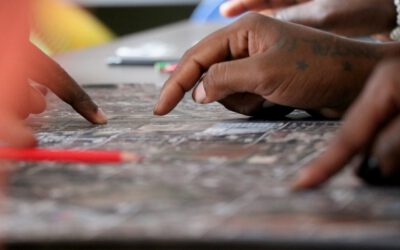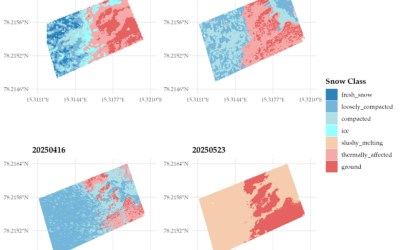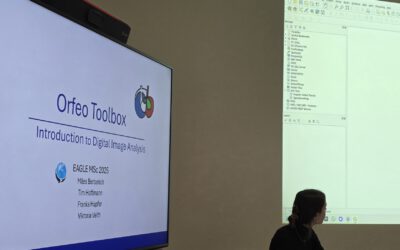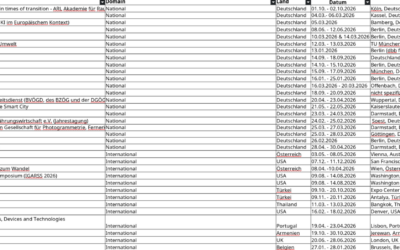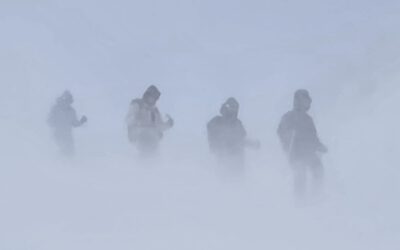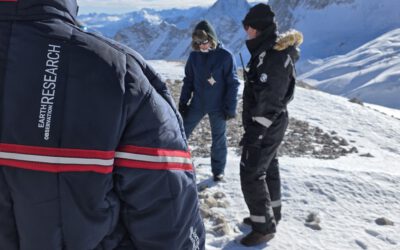We warmly congratulate Ronja Seitz on the successful defense of her MSc thesis, which tackled one of the most pressing environmental challenges of our time: the rapid warming of the high Arctic. Her research focused on Svalbard, one of the fastest-warming regions on the planet, where climate change and human activities are increasingly stressing fragile tundra ecosystems.
In her thesis, Ronja developed and implemented an innovative UAV-based workflow to map and analyze vegetation disturbances—namely, winter basal ground icing damage and goose grubbing—as well as tundra vegetation types. Using a bi-weekly UAV time series, she trained a random forest classification model on a robust set of 23 features derived from RGB, multispectral (MS) imagery, digital surface models (DSM), and change metrics between image acquisition dates.
Her model achieved a remarkable overall accuracy of 89.33% (κ = 0.89), highlighting the effectiveness of time series data in detecting subtle ecological changes. The resulting 2 cm resolution land cover maps captured fine-scale vegetation dynamics with unprecedented detail. Notably, her analysis revealed delayed green-up in disturbed moss tundra areas, showcasing the added value of temporal data in understanding ecosystem responses.
This thesis not only demonstrates the power of UAV time series for ecological monitoring but also sets a precedent for high-resolution land cover mapping in rapidly changing Arctic environments.
Ronja was supervised by Dr. Mirjana Bevanda (EORC) and Prof. Dr. Larissa Beumer (UNIS). We wish her all the best for her future scientific endeavors!

